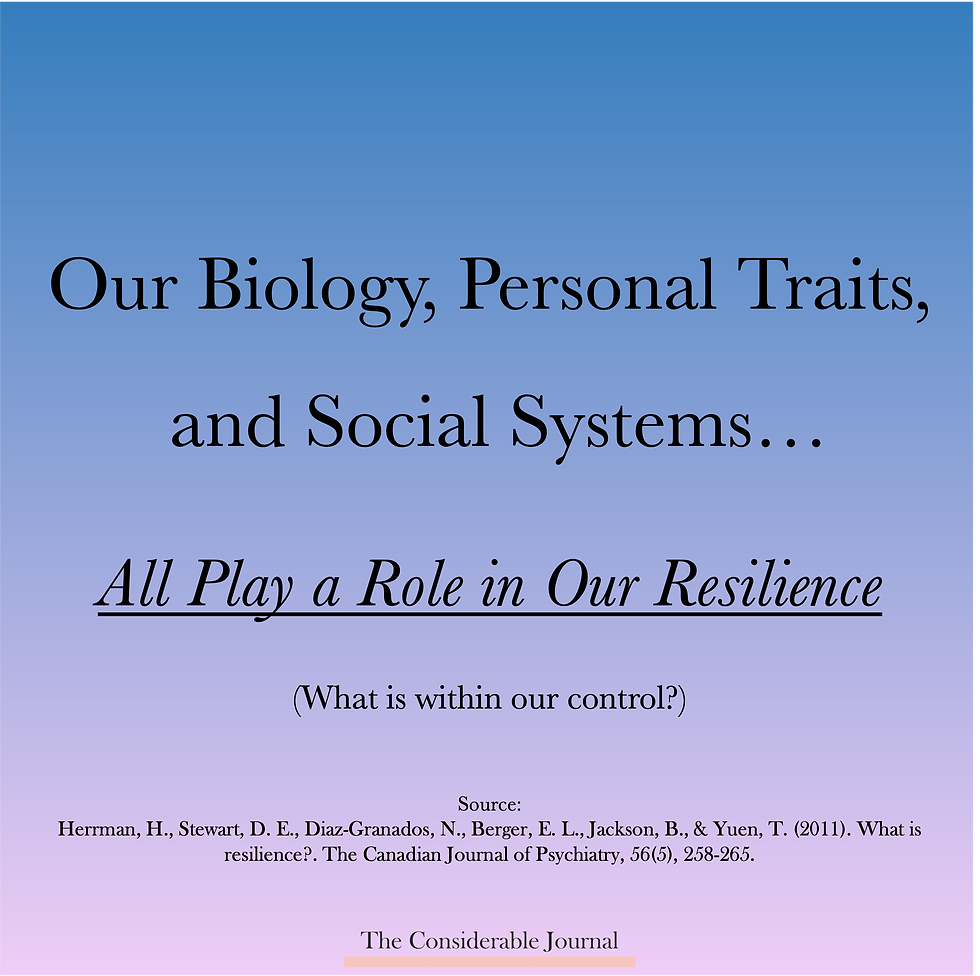People Who Associate More Social Words with “Happiness” Are Happier
- Considerable Journal
- Sep 6, 2022
- 3 min read
Updated: Mar 11, 2023

What three words come to your mind when thinking about "happiness"?
Take a minute to think about them.
Now, how many of those words are "social" words (such as family, friends, connection, relationships, love, community, etc)?
A recent investigation conducted by Shin et al. found that people who report more social words in this exercise are actually happier than those who don't.
These researchers wanted to study the beliefs that people from Korea and United States held about happiness. Additionally, they wanted to study whether the participants who reported more social words had greater happiness (regardless of their culture). 521 participants from both cultures participated in this investigation.
A free association task was selected to measure participants' beliefs about happiness. The researchers chose this method since they consider it to be reliable for capturing stable aspects of people's associative memory network, and at the same time it doesn't influence or restrict the participants' responses. There is evidence that in questionnaire-based methods, participants' responses are influenced by the items that were pre-selected by the researchers. The free association task consists in asking participants to produce words that come to their mind in relation to a prompted cue. In this case, that cue was the word "happiness".
A total of 521 participants, from United States and Korea, reported 3 words each on the free association task after being prompted: "Please write down three words that come to mind when you think of happiness". A total of 1563 words were analyzed. Each word was classified as either social or non-social by two research assistants.
The words that were classified as social words were either about abstract values (such as "love"), a specific person (such as "friend") or relationships (such as "dating").
After completing the free association task, the happiness of the participants was measured using Cantril’s Self-Anchoring Scale, which is a broadly validated and used scale for this purpose. Other measures were taken to look for possible mediating variables, such as Optimism, Interpersonal Closeness and Loneliness.
These were the results:
Of all 1563 words associated with happiness, 38% of them were social words. The most commonly associated word with happiness in Korea was "family", while in United States it was "smile". Korean participants reported significantly more social words than American participants. 51% of Korean participants reported a social word as their first response, while 35.8% of American participants did. However, 24% of Korean participants and 36% of American participants did not mention a single social word. The most popular social word in Korean participants was "family", and in American participants it was "friendship".
Now in regards to happiness: In both cultures, participants who reported more social words enjoyed significantly higher life satisfaction.
While participants' levels of optimism did not predict whether they used social words or not, participants who reported more social words reported less loneliness and felt a stronger sense of psychological overlap between the self and others.
To explain the correlation between reported social words and happiness, the researchers state:
"The overall pattern suggests that the frequency of social words reported in this task may not be due to a random response nor a general positive bias, but rather, reflect how much the person prioritizes the social aspects in her overall life" (Shin et al., 2018).
A note on this:
The good news is we can choose what to prioritize in life. Even if you initially didn't choose any social word, you can make the choice to focus more on positivie social relationships and concepts to increase your happiness levels.
In the general discussion, the authors reflect:
"Perhaps the most intriguing finding was that the content of happiness provided by the person was linked with her level of happiness; those who associated more social words with happiness were happier" (Shin et al., 2018).
Reviewing what happiness means and looks like to you can be helpful in the pursuit of happiness- and adding social elements to that definition appears to be beneficial.
Source:
Shin, J. E., Suh, E. M., Eom, K. & Kim, H. S. (2018). What Does “Happiness” Prompt in Your Mind? Culture, Word Choice, and Experienced Happiness. Journal of Happiness Studies, 19 (3), 649-662.
Article written by Maggie Stilman.
The Considerable Journal.
The Considerable Journal's mission is to bring relevant scientific findings closer to people who seek evidence-based paths to integral well-being, by providing briefed, straightforward expositions of scientific research regarding mental and physical health, relationships, habits, and more.




Comments